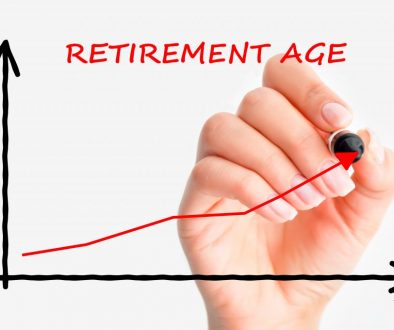Circuit Breaker “Stay at Home” and Retirement Planning
07-Apr-2020 is a special day that all Singaporeans would remember forever. Singapore government enacted Circuit Breaker measures with the aim of containing the outbreak of COVID-19 virus. With the exception of essential services, all workplaces are closed and members of the public are advised to work from home and stay at home, and avoid going out unnecessarily.
While much of our daily work and personal lives are turned upside down all of a sudden, this “stay at home” ruling promoted me to share about the topic of retirement planning.
If you look into the Circuit Breaker measures, many non-essential activities are restricted. These include no overseas traveling (holidays), no social gatherings at restaurants, cafeterias, pubs or karaoke, and no shopping. Everyday, we are staying at home, and occasionally going out only for groceries shopping, buying food or exercise. You may be crying out loud and felt that days wear on like years. (In Chinese it means 度日如年).
If you think deeper into this situation, you would be able to understand that this “staying at home” policy is a possible replica of what actually happens when you retire one day, without adequate retirement income.
If you didn’t plan well for your retirement, you will most likely be restricted with your money spending activities when you eventually stop working. With no worked income, all which you have left would be your savings which you need to make sure it is able to last you long enough. Under this situation, wouldn’t it be similar to the current “Stay at Home” policy? Indirectly, your retirement lifestyle will be greatly restricted to staying at home most of the time. You would have limited budget for traveling (holidays), social gathering, eating at restaurants or even shopping. Your retirement years would be just about doing the essential activities like going out to buy groceries and exercising. Isn’t that boring?
Remember that retirement planning is a program which you can only plan about it during your working years. You cannot plan for retirement the moment you grow old and stop working. Also, during retirement, you cannot expect your savings to provide you wonderful returns for exponential growth, as you wind down your risk profile.
It pays to plan for your retirement as early as possible. Ultimately you are sending money to yourself at the later stages of your life. Retirement planning is a choice, and you can take control.




